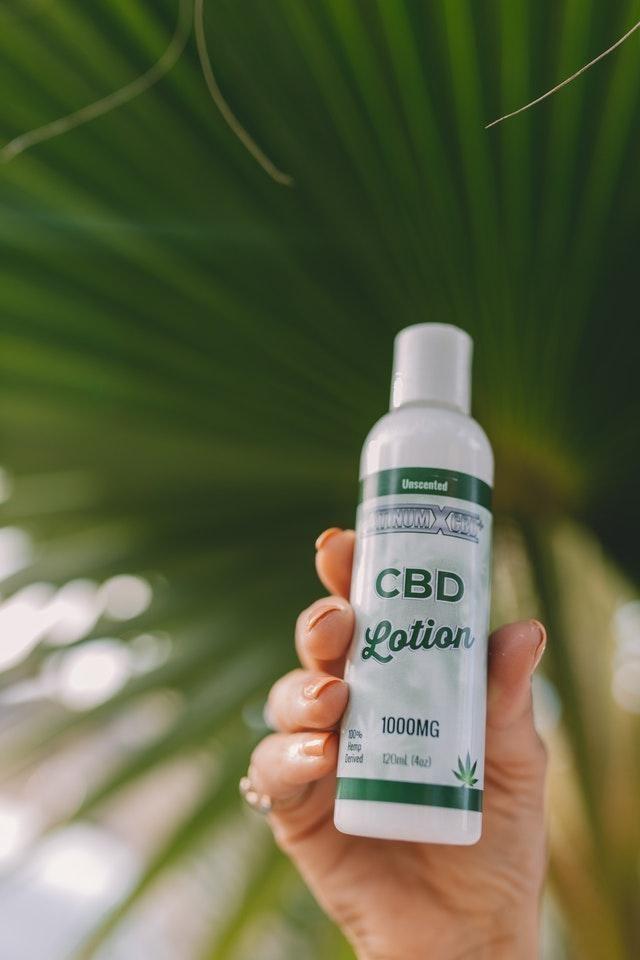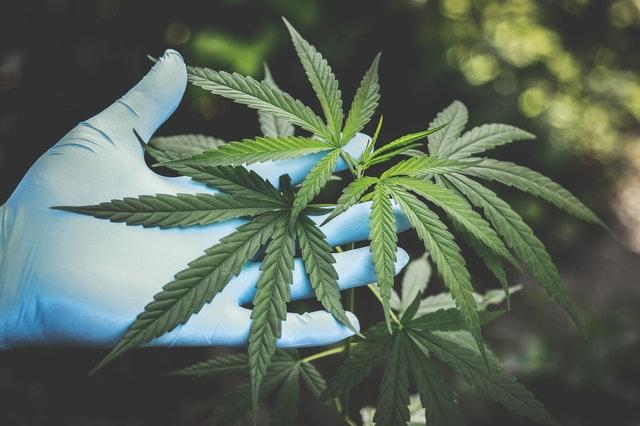CBD has found its way into our life – the magic elixir with the capacity to address many health issues. Almost everyone is talking about it, and you will find at least one product with CBD in any grocery shop you enter. The media is all raving about what CBD can do, and scientists are also exploring what one can achieve from using this substance.
However, the growth in popularity of CBD hasn’t done much justice in getting misconceptions and false beliefs off the way. There are still numerous things that remain mysterious to a handful of people about CBD.
Here are five things people get wrong about CBD
1. CBD Exists Only in the Oil Form
One important thing about CBD that contributed to its popularity is its capacity to adapt it to various substances. As a result, one can use CBD in many ways, and you might not necessarily ingest or hold it under your tongue before using it.
CBD gummies that users can chew, bath bombs you can add to your bathwater, lotions, and topical creams that you can rub under your skin. There are vape products as well, one of the most popular methods to ingest CBD. Many people prefer vaping CBD as the presence of assorted flavours makes it possible to mask CBD’s unpleasant smell.
Without a doubt, Lazarus Naturals CBD oil is only one of the many ways to use this magic elixir. However, thanks to innovation, one can use it in various ways, so choosing the one that suits you and your condition will be easy.
2. CBD is Illegal
Many people still believe CBD and its product are not legal, which is far from the truth.
At the federal level, one can use CBD products as long as the THC level is within the acceptable limit of 0.3%. This, however, does not apply to every state as some have additional restrictions on users. For instance, Virginia only allows its citizens to buy and use a CBD product if they have a prescription from a medical practitioner.
In addition, all hemp-derived CBD is legal with no additional restriction. People can grow hemp legally in every US state, making hemp products legal.
In contrast, Marijuana is not legal in many states. This makes marijuana-derived CBD products illegal in the US. However, for states where Marijuana is legal, cannabis-derived products are legal too. For instance, as long as you are 21 years old in California, you can buy and possess CBD products.
3. CBD Can Get You High
CBD is different from its psychoactive cousin THC, so it does not get people high.
It won’t get you high like THC, so it does not affect the normal function and operation of the brain. However, it can affect your overall state by improving your mood, making you more relaxed or drowsy in some state and relieving anxiety.
In addition, you cannot fail a drug test after consuming CBD. This is because a typical drug test aims to detect THC, not CBD. However, the THC content of CBD is almost negligible, meaning a drug test will not see it.
4. It Does Not Interact With Your Medication
Indeed we would have loved CBD to be that magic elixir with the capacity to handle various health issues. How beautiful it would be if CBD can address many issues without rewarding users with side effects.
CBD can interact with any medication and, at excessive doses, might be dangerous. Also, some users may experience side effects like nausea, dry mouth, fatigue, etc., from using CBD. In addition, CBD might raise some medications and interact with others in the blood.
Interestingly, however, the severity of this side effect varies from one person to another, and not everyone experiences it. As a result, you can be better off consulting a health professional before using CBD. With their help and expertise, you will know that CBD is the right choice for you.

5. CBD Transforms to THC in Your Stomach
Sometimes, many people believe that the hydrochloric acid in the tummy can convert CBD to THC when it gets into your stomach. Also, many people fear that this transformation (from CBD to THC) will trigger many unwanted effects in users.
First of all, there is neither evidence nor scientific research to support the fact that hydrochloric acid can convert CBD to THC in the stomach. However, ingestion of high doses of CBD cannot even trigger this transformation.
To demonstrate that ingested CBD does not turn to THC in the stomach, no matter the dose, there has been a series of clinical research. Also, the World Health Organization revealed in 2017 that no human study established that CBD changes to delta-9 THC when consumed.

Conclusion
Make sure to get your facts right when it comes to understanding CBD and everything it offers. This product is indeed a gift to humanity that can address many health issues. But, at the same time, there are a series of misconceptions and lies about substance.
This article has explored five of such myths to get their facts right and use CBD without worrying about breaking the law or falsely believing you are consuming an illegal substance.















